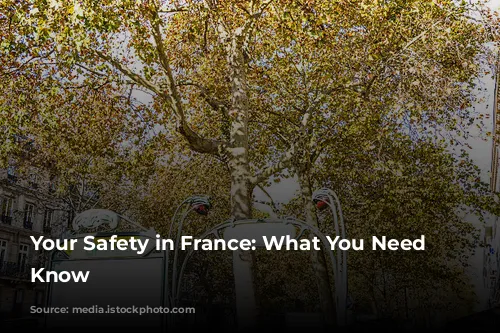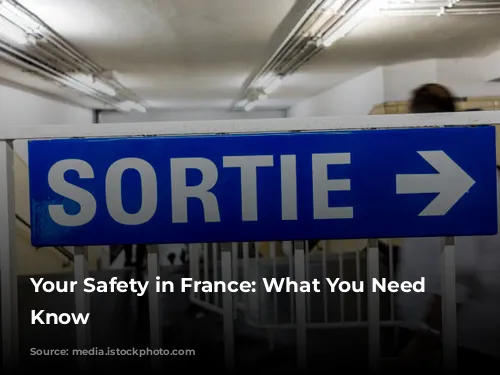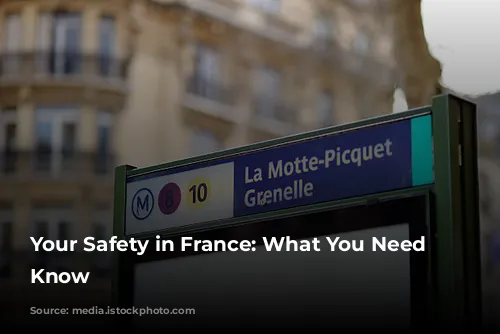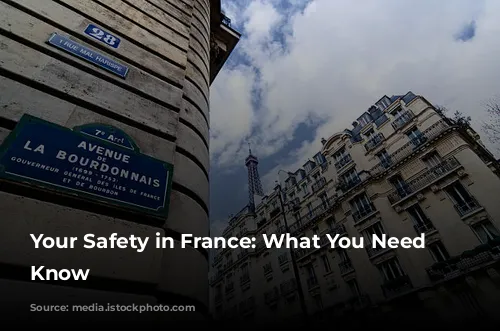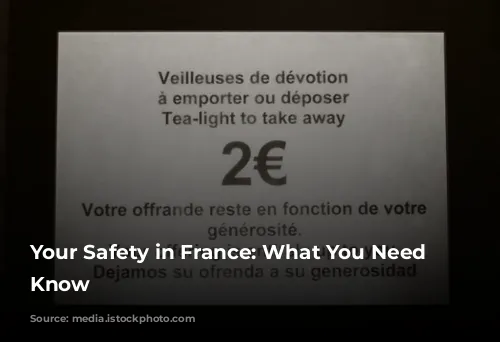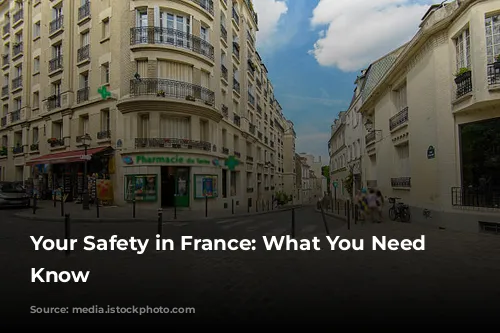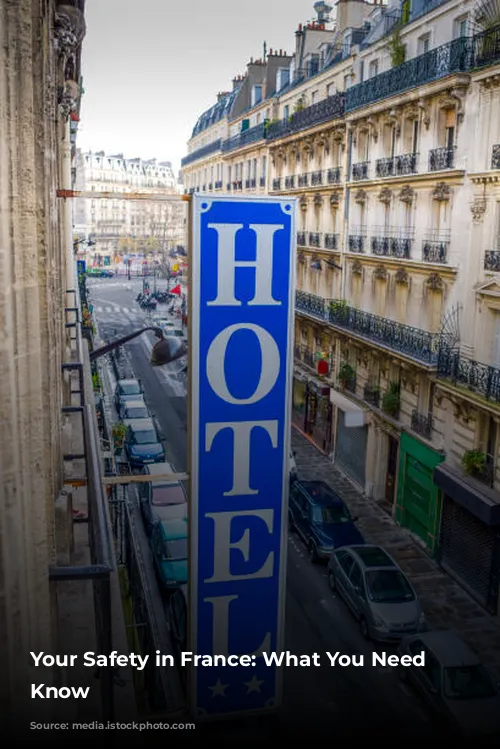Traveling to France is an exciting adventure, but it’s important to stay informed about safety measures to ensure you have a worry-free trip. The French government has implemented a series of security enhancements to protect both residents and visitors. This guide provides essential information to help you understand these measures and stay safe while you explore France.
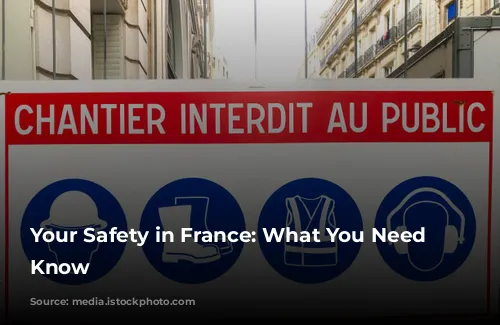
Security in France: What You Need to Know
Safety is a top priority in France, and the government has taken significant steps to enhance security for everyone, including tourists. A State of Emergency was declared until July 2017, which included heightened security checks and an increased police presence throughout the country. This has resulted in more police patrols, increased security personnel at public transport hubs and tourist attractions, and extra security measures across the tourism sector.
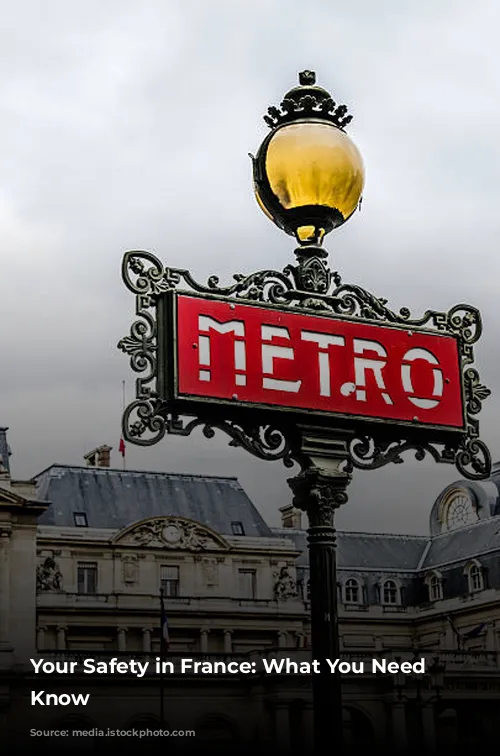
Identification Requirements
Carrying proper identification is crucial for all visitors to France, including those from the European Union (EU). You must have a passport or national identity card with you at all times. French authorities may request to see your identification at any point, including when entering or leaving the country. While increased security checks are in place, they have not significantly impacted waiting times at airports or international train stations like Thalys and Eurostar.
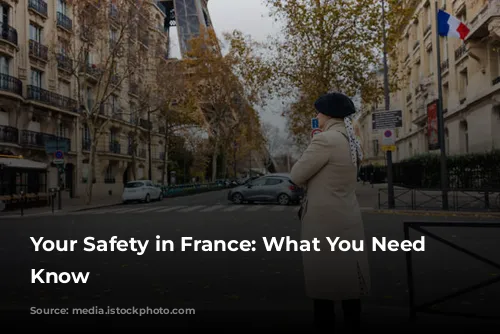
Visa Information for Non-EU Nationals
Visa requirements remain unchanged for non-EU nationals. Additionally, visa processing times have been reduced in several countries, making the application process smoother. The validity period of visas has also remained the same.
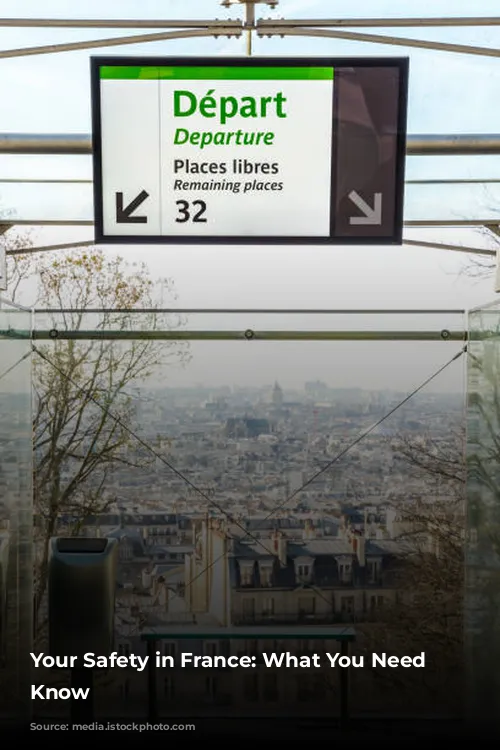
Security on Public Transport
Enhanced security checks are now implemented at airports and international train stations. These measures involve additional screenings prior to boarding, but due to increased staffing, waiting times have remained relatively unchanged. Surveillance on public transport has also been strengthened, with French police having the authority to inspect passengers and their luggage. In exceptional circumstances, they may restrict passengers from carrying certain personal belongings deemed dangerous.
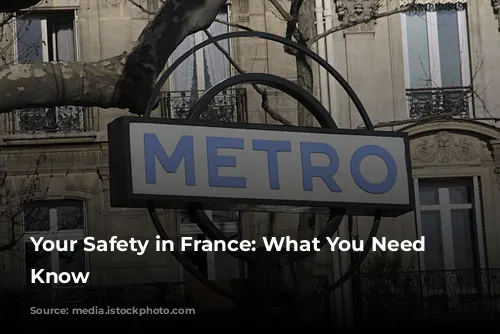
Security in Hotels, Restaurants, and Entertainment Venues
Hotels are legally required to ask all foreign guests to complete a police form. They, along with restaurants, bars, and clubs, also have the right to conduct security checks, including bag inspections and frisking. While security measures are in place, these establishments remain open and operating as usual, ensuring a safe environment for everyone.
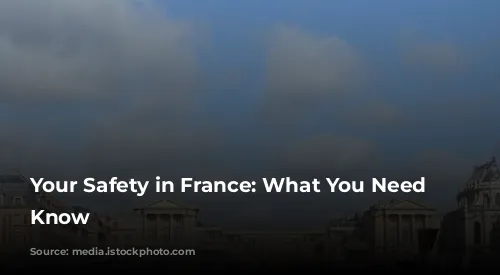
Security at Tourist Attractions
Museums, shopping centers, and other tourist attractions have implemented enhanced security measures, including bag inspections, frisking, and restricting entry for visitors with large luggage. These measures are in place to ensure the safety of visitors and may involve additional access procedures depending on the specific location and security needs.
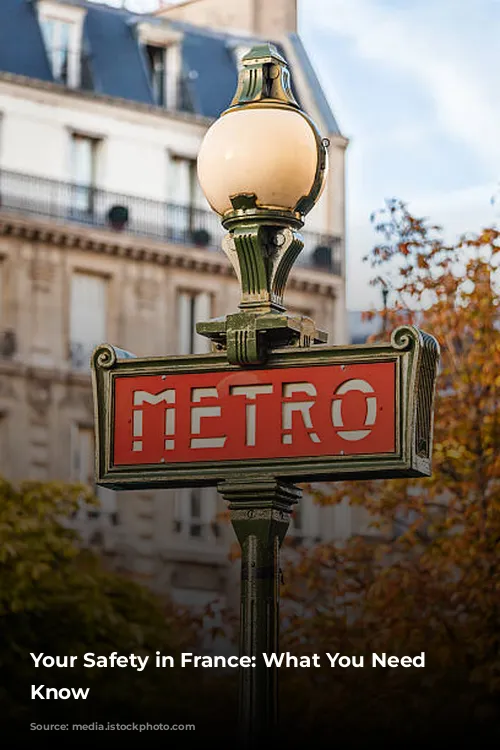
Security at Public Events
France’s public events calendar remains unchanged, with all public events authorized. However, stringent security protocols are in place to guarantee the smooth running of these events. Event organizers and site managers have worked closely with French authorities to implement enhanced security measures at exhibitions, trade fairs, conferences, and other public gatherings. This collaborative effort ensures a safe and enjoyable experience for all attendees.
In conclusion, France has strengthened its security measures to ensure the safety of visitors and residents. By being aware of these measures and taking appropriate precautions, you can enjoy a safe and memorable trip to France.
